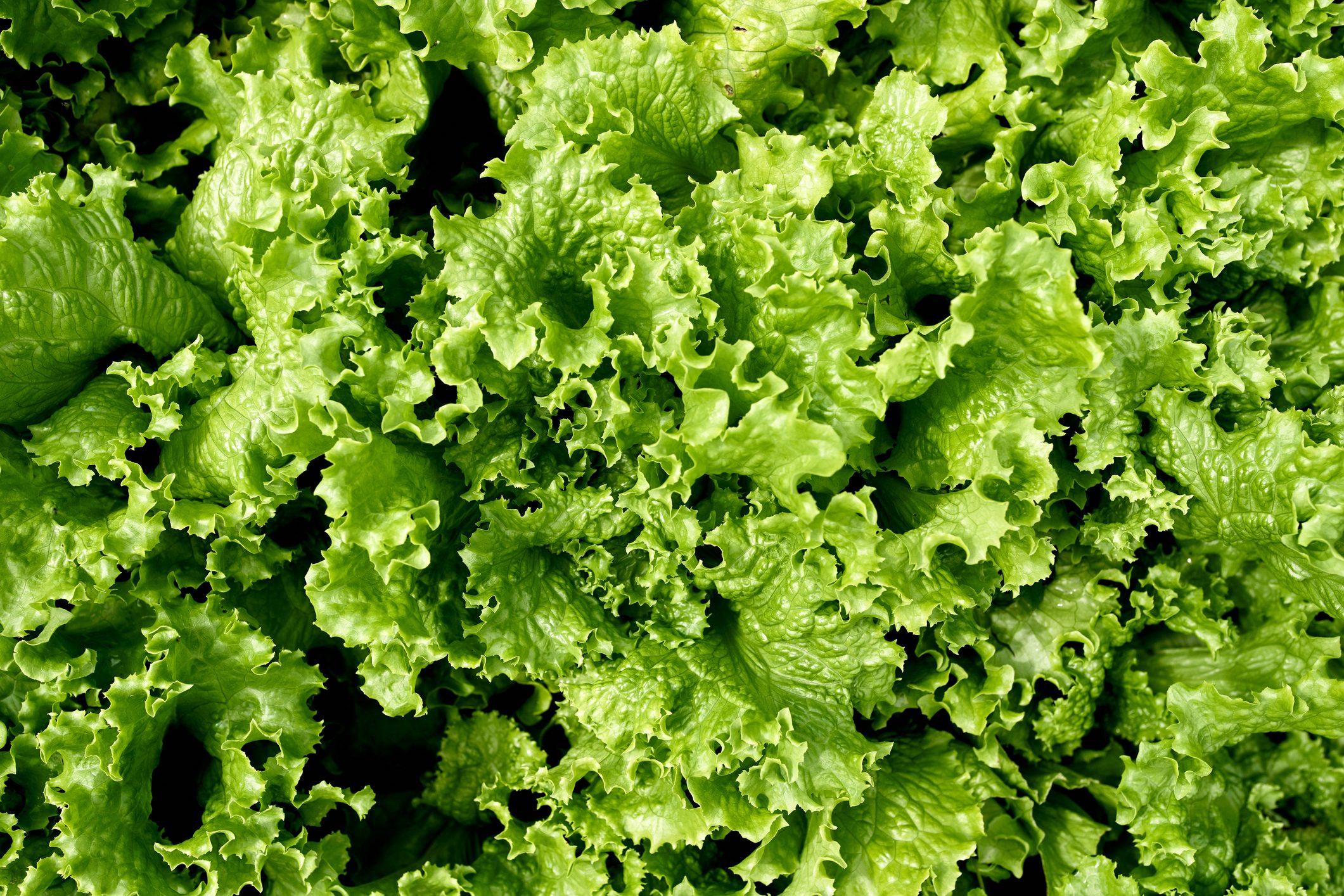We relish these fruits, vegetables, and herbs during summer, but consumers should know about contamination concerns tied to an unusual issue.

The FDA Just Announced a Massive Produce Recall in 4 States and Washington, D.C.

If you grow fruits and veggies in a backyard garden—or rely on farmers market vendors or the grocery store’s produce section—this is truly the time of year to highlight seasonal picks in salads, sandwiches, snack packs, and more. However, only about 12% of American adults consume the recommended amount of fruit daily, while only 10% eat enough vegetables, according to a 2022 study published in the Morbidity and Mortality Weekly Report.
These low numbers could be due to a number of factors, including busy schedules, increasingly tight food budgets, or living in an area with limited access to fresh produce. But it certainly doesn’t help when the veggies and fruits we might otherwise purchase are recalled—which is what’s happening now in multiple states.
On Thursday, the Food and Drug Administration (FDA) announced the recall of 30 different kinds of produce, ranging from apples and lemons to lettuce and broccoli, from Rhode Island-based grocery wholesaler, UNFI General Corporate. It appears that 213 cases of product are affected, though it’s unclear whether that number applies to all of the foods included in the recall or each individual type of produce.
Per the UNFI General Corporate website, the company brings “the widest variety of fresh, branded, and owned brand products to more than 30,000 locations throughout North America.” Recognizable consumer brands they make are Wild Harvest, Essential Everyday, Field Day, and Shoppers Value.
The FDA indicates that the produce items were recalled because they could “be contaminated with fluid from a reach truck.” A reach truck likely refers to a type of forklift typically used in warehouses or other facilities. It’s unclear which type of fluid may have made contact with product.
The notice lists these 30 foods as part of the recall—several, not all, specified to be under the Wild Harvest label: apples, artichokes, asparagus, bok choy, broccoli, Brussels sprouts, cabbage, carrots, cauliflower, celery, cilantro, collard greens, corn, cucumbers, dill, fennel, green chard, green onions, kale, kiwi, leeks, lemons, lettuce, mandarins, parsley, pears, spinach, radishes, red beets, and watermelon.
The FDA says the recalled products have been distributed to Washington, D.C. and the following four states: Maryland, New Jersey, New York, and Pennsylvania.
According to the agency’s report, the producer voluntarily initiated the recall on June 7. However, the FDA didn’t assign it a classification until July 10. The recall is now considered a Class II event, meaning that the products have the potential to cause temporary or reversible adverse health effects.
Full details about the recalled products, including specific varieties, product names, universal product codes, and case codes, can be found in the above FDA report.
For daily wellness updates, subscribe to The Healthy by Reader’s Digest newsletter and follow The Healthy on Facebook and Instagram. Keep reading:




















